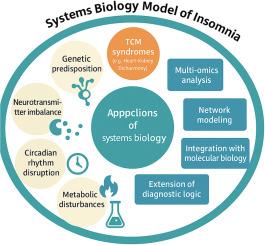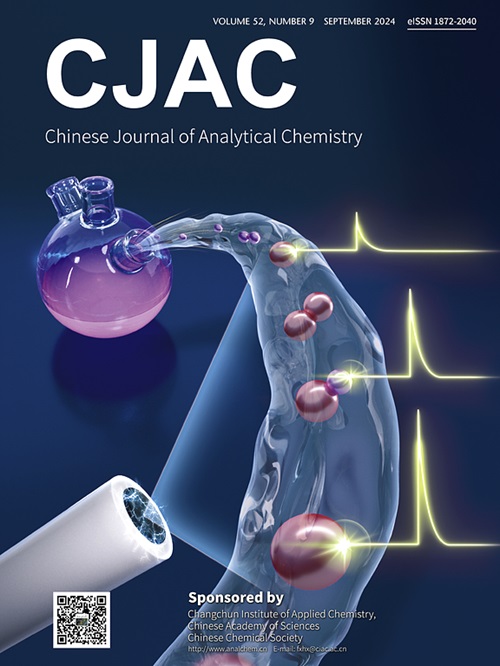Integrative systems biology in insomnia: Bridging traditional Chinese medicine and modern science
IF 1.3
4区 化学
Q4 CHEMISTRY, ANALYTICAL
引用次数: 0
Abstract
This article is interested in the applications and technological innovations of systems biology to insomnia research within an integrative framework of traditional Chinese medicine (TCM) and modern science. Insomnia, a common sleep disorder, is a significant global health threat and has emerged as an increasing public health concern. Systems biology, based on multi-omics technologies like genomics, proteomics, and metabolomics, enables the explanation of the complex mechanisms of insomnia in an integrative manner. This review considers the possibility of integrating TCM theories with systems biology for identifying new biomarkers and therapeutic targets. The advances such as genome-wide association studies and neurobiological observations are illuminating the pathophysiology of insomnia, which can be integrated with TCM concepts. Network pharmacology and multi-layered regulatory network modeling are highlighted as beneficial in clarifying the pathophysiological mechanisms involved in insomnia. The study emphasizes the importance of personalized medicine and envisions the convergence of TCM and contemporary scientific approaches in the future for better treatment of insomnia.

失眠的综合系统生物学:中医与现代科学的桥梁
本文对系统生物学在中医与现代科学相结合的失眠研究中的应用和技术创新感兴趣。失眠是一种常见的睡眠障碍,是一个重大的全球健康威胁,并已成为一个日益严重的公共卫生问题。系统生物学基于多组学技术,如基因组学、蛋白质组学和代谢组学,能够以综合的方式解释失眠的复杂机制。这篇综述考虑了中医理论与系统生物学相结合的可能性,以确定新的生物标志物和治疗靶点。全基因组关联研究和神经生物学观察等方面的进展为失眠的病理生理学提供了新的思路,可以与中医概念相结合。网络药理学和多层调节网络模型强调有助于阐明失眠的病理生理机制。该研究强调了个性化医疗的重要性,并展望了中医与当代科学方法的融合,以更好地治疗失眠。
本文章由计算机程序翻译,如有差异,请以英文原文为准。
求助全文
约1分钟内获得全文
求助全文
来源期刊
CiteScore
3.60
自引率
25.00%
发文量
17223
审稿时长
35 days
期刊介绍:
Chinese Journal of Analytical Chemistry(CJAC) is an academic journal of analytical chemistry established in 1972 and sponsored by the Chinese Chemical Society and Changchun Institute of Applied Chemistry, Chinese Academy of Sciences. Its objectives are to report the original scientific research achievements and review the recent development of analytical chemistry in all areas. The journal sets up 5 columns including Research Papers, Research Notes, Experimental Technique and Instrument, Review and Progress and Summary Accounts. The journal published monthly in Chinese language. A detailed abstract, keywords and the titles of figures and tables are provided in English, except column of Summary Accounts. Prof. Wang Erkang, an outstanding analytical chemist, academician of Chinese Academy of Sciences & Third World Academy of Sciences, holds the post of the Editor-in-chief.

 求助内容:
求助内容: 应助结果提醒方式:
应助结果提醒方式:


